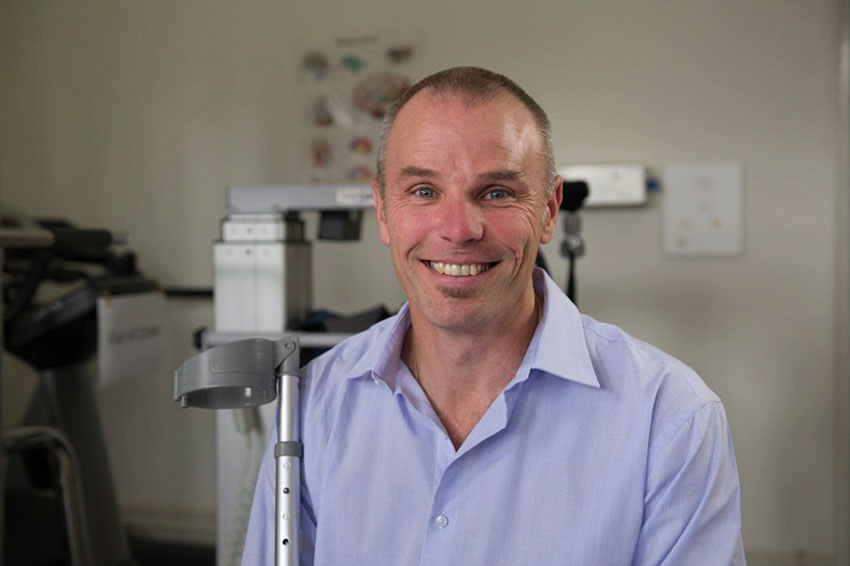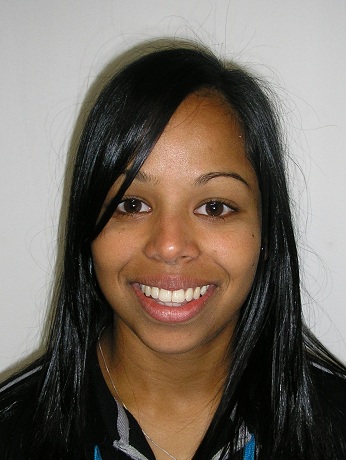Cardiac Rehabilitation in Stroke Survivors to Improve Survivorship (CRiSSIS)
-

Prof Gavin Williams -

Natasha Machadonatasha.machado@epworth.org.au
Project Details
Background
Despite declines in mortality rates, there are 56,000 new cases of stroke each year in Australia (2017). National ‘Clinical Guidelines for Stroke Management’ recommend the completion of a graded exercise test prior to the early initiation of tailored cardiorespiratory fitness training and the inclusion of risk reduction education for people with stroke. Despite these recommendations, only 56% of people with stroke receive risk factor modification education (Stroke Foundation, 2015), and people with stroke admitted to hospital/rehabilitation spend most of the time inactive or alone (West, & Bernhardt, 2012).
The Problem
Current stroke rehabilitation practice focussed on cardiorespiratory fitness was not completed or delayed due to presence of cardiac comorbidities (Prout, et al., 2015) or was performed at insufficient intensities to induce a positive training effect (Kuys, et al., 2006; MacKay-Lyons, et al., 2002; Polese, et al., 2014). Further, there are limited studies reviewing the safety of cardiorespiratory fitness testing early post-stroke (Chen, et al., 2010; Johnson, et al., 2019; MacKay-Lyons, et al., 2002) and there are no valid clinical tests of cardiorespiratory fitness for people with stroke.
Aim
To develop the evidence for the implementation of cardiorespiratory fitness training embedded in a model of stroke-adapted cardiac rehabilitation.
Research Plan
- Early post-stroke cardiorespiratory fitness testing: is it safe and feasible?
- Cardiorespiratory fitness training: is it safe and feasible when initiated in the acute phase of stroke recovery?
- Secondary prevention: testing the safety, feasibility and effectiveness of stroke-adapted cardiac rehabilitation
- The development of an alternative cardiorespiratory fitness test for people with stroke.
If successful, these projects will i) identify when it is safe to complete fitness testing and training early following stroke; ii) provide clinicians with effective rehabilitation management programs that use
existing infrastructures saving vital healthcare funding; and iii) provide clinicians with tools to effectively assess cardiorespiratory fitness following stroke.
Researchers
- Natasha Machado
- Dr Liam Johnson
- Prof Gavin Williams
- Prof John Olver
Collaborators
- Prof Julie Bernhardt
Funding
- PROSPER research Grant, $22,157.04, Epworth HealthCare, June 2020: Study 4 – The development of an alternative cardiorespiratory fitness test for people with stroke and Systematic review “Do people with stroke completing cardiorespiratory fitness interventions maintain fitness gains long term?
- Heart Foundation Health Professionals Scholarship 2020 (Currently under review), 3 year stipend.
- Capacity Building Grant, $28,000, Epworth Medical Foundation 2019: Study 4 – The development of an alternative cardiorespiratory fitness test for people with stroke.
- Samuel Nissen Perpetual Trust, $186,000, Epworth Medical Foundation 2017: Study 1, 2 and 3 – CRiSSIS.
- J&B Anderson Scholarship, $2500, Epworth Medical Foundation 2017: CRiSSIS Research project set up and equipment.
Research Outcomes
- Physical Activity and Women's Health. Epworth Medical Foundation Women’s Health Luncheon 2019, Melbourne, Australia. 3 October 2019.
- Feasibility and Safety of Early-Initiated Cardiac Rehabilitation in Stroke Survivors to Improve Survivorship (CRiSSIS). Australian Physiotherapy Association Conference, Adelaide, Australia. 17-19 November 2019 [Symposium Oral Presentation].
- Feasibility and Safety of Early-Initiated Cardiac Rehabilitation in Stroke Survivors to Improve Survivorship (CRiSSIS). Epworth Research Institute Research Week, Melbourne, Australia. 5-9 August 2019 [Poster Presentation].
- Cardiac Rehabilitation in Stroke Survivors to Improve Survivorship (CRiSSIS). Epworth Rehabilitation Research Showcase, Melbourne, Australia. 3 December 2019 [Platform Oral Presentation].
- Feasibility and safety of early-initiated Cardiac Rehabilitation in Stroke Survivors to Improve Survivorship (CRiSSIS). Exercise and Sports Science Australia - Research to Practice 2020, Perth, Australia. 2-4 April, 2020, [Platform Oral Presentation]. *Finalist Young Investigator for Exercise Science and Health Award. POSTPONED DUE TO COVID-19.
Research Group
Faculty Research Themes
School Research Themes
Key Contact
For further information about this research, please contact the research group leader.
Department / Centre
MDHS Research library
Explore by researcher, school, project or topic.